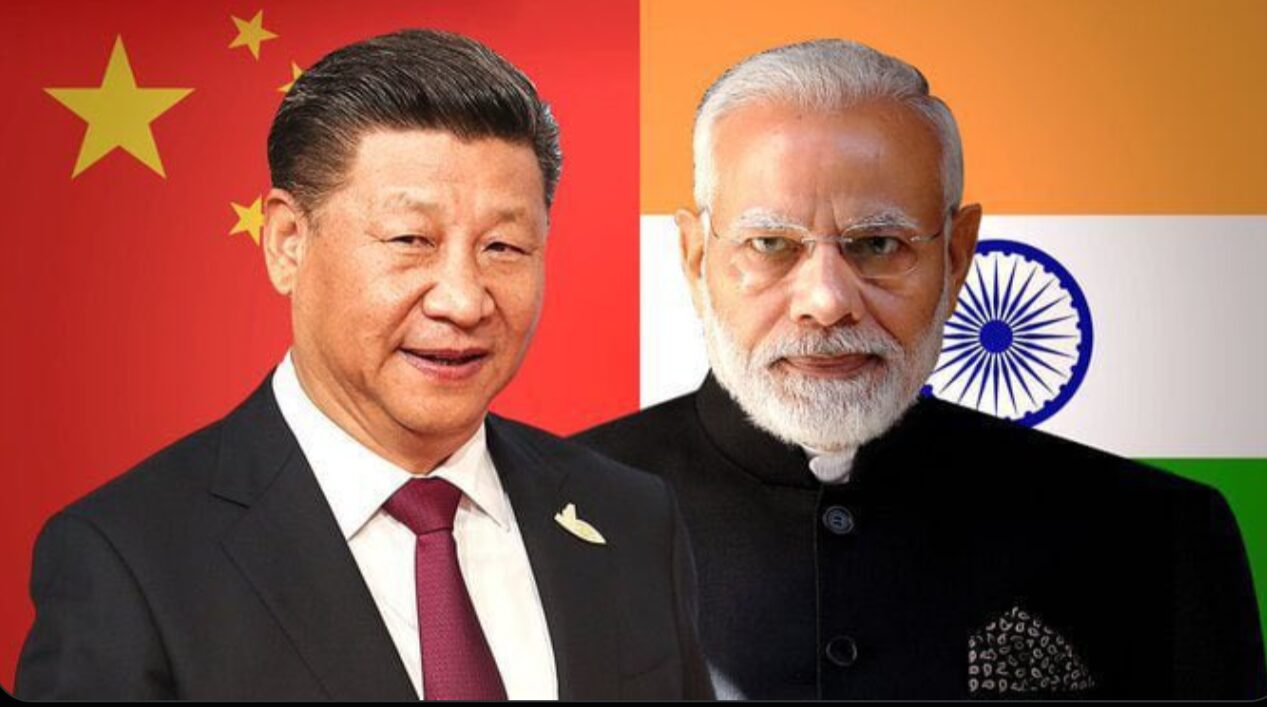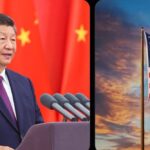China says it’s ready to welcome more Indian firms into the Chinese market
China Ready to Welcome More Indian Firms into its Market: A New Era of Bilateral Business Cooperation
In a significant shift towards fostering stronger economic ties, China has recently expressed its willingness to welcome more Indian firms into its market. This comes as both countries, despite facing political and diplomatic challenges over the years, look to enhance their economic relationship. China, which has long been a key player in global trade, has now turned its focus on India as it seeks to broaden its economic horizons, particularly in sectors where India excels, such as technology, manufacturing, and services.
A Growing Business Partnership
The announcement by Chinese authorities marks a notable moment in the economic relations between the two countries, both of which are emerging economic giants in Asia. Despite the ongoing geopolitical tensions, both India and China share a deeply intertwined economic relationship, with China being India’s largest trading partner. However, while the trade between the two countries has grown steadily in the past few decades, there remains untapped potential for Indian businesses to increase their presence in China’s expansive market.
The recent statement from Chinese officials signals a shift in China’s strategy towards expanding foreign direct investment (FDI) inflows from neighboring countries, particularly India. With the Chinese economy undergoing a series of structural reforms aimed at modernizing industries, including its burgeoning digital and technology sectors, the country is increasingly in need of global talent, investment, and innovation. India, with its rapidly growing tech startups, strong manufacturing base, and a vast pool of skilled workers, stands in a prime position to contribute to China’s growth trajectory.
Opportunities for Indian Firms in China
For Indian businesses, especially small and medium-sized enterprises (SMEs), the prospects in China are more appealing than ever. Here are some sectors where Indian firms may find significant opportunities:
- Technology and Innovation
China is a global leader in technological advancements, from artificial intelligence (AI) to e-commerce. However, China’s tech industry also requires innovation from diverse perspectives. India has a rich history in tech innovation, software development, and app-based services, which is a strong selling point for Chinese businesses. By entering the Chinese market, Indian tech companies could contribute to developments in areas such as fintech, software engineering, mobile applications, and cybersecurity. - Pharmaceuticals and Healthcare
China is one of the world’s largest markets for pharmaceuticals and healthcare services. India, with its robust pharmaceutical industry, is well-positioned to cater to this demand. Indian companies already supply a significant percentage of the generic drugs consumed globally, and entering the Chinese market could give them an opportunity to tap into one of the world’s most lucrative health markets. The COVID-19 pandemic has further accelerated China’s focus on improving its healthcare sector, creating additional room for Indian firms in medical equipment, health tech, and life sciences. - Consumer Goods and Services
The growing middle class in China has led to increased demand for high-quality consumer goods, from food products to luxury items. Indian manufacturers, particularly those in textiles, consumer electronics, and organic food production, may find China an attractive market for their offerings. India’s diverse culture and traditional craftsmanship, when marketed effectively, could appeal to China’s affluent consumers, who increasingly seek global and premium products. - Manufacturing and Infrastructure
India’s manufacturing sector is one of the fastest-growing in the world. As China moves toward a more sustainable growth model, with a focus on green energy and eco-friendly construction, Indian companies specializing in renewable energy, infrastructure, and construction materials could find significant business opportunities. Both countries are investing in improving their infrastructure, and Indian companies could play a key role in meeting China’s growing demand for sustainable development. - Agriculture and Food Processing
China’s demand for diverse and high-quality agricultural products is on the rise, and India, with its extensive agricultural base, is well-suited to meet these needs. Indian agribusinesses, particularly those focused on food processing, organic produce, and spices, have the potential to expand their footprint in China’s vast market. With both countries aiming to enhance food security, collaborations in agriculture may prove mutually beneficial.
Barriers and Challenges
While the announcement is promising, entering the Chinese market comes with its own set of challenges for Indian firms. Here are a few hurdles companies will need to navigate:
- Regulatory Challenges
China’s regulatory environment can be complex, with strict rules around foreign investments and market entry. Indian companies must understand the legal framework, including intellectual property protection, tax regulations, and industry-specific compliance requirements, to ensure smooth operations. - Cultural and Language Differences
Language and cultural barriers remain a significant challenge when entering the Chinese market. Indian firms will need to adapt their business practices to local customs, build relationships with Chinese partners, and hire local talent who are fluent in Mandarin to facilitate smooth communication. - Competition from Local Players
The Chinese market is highly competitive, with well-established local companies already dominating various industries. Indian firms may face stiff competition, particularly from Chinese companies that have a deeper understanding of the market, consumer behavior, and regulatory landscape. Strategic alliances or joint ventures with Chinese firms could be an effective way to overcome these barriers. - Geopolitical Tensions
While both countries have made strides to improve their economic relationship, geopolitical tensions and diplomatic issues could affect the ease of doing business. Indian companies will need to keep a close eye on the political landscape and have contingency plans in place to mitigate any risks arising from bilateral tensions.
The Road Ahead: Strengthening India-China Trade Relations
The Chinese government’s gesture to open up its market to more Indian businesses is a positive step towards realizing the untapped potential in India-China trade. By collaborating more closely, both countries can benefit from each other’s strengths, contributing to not just bilateral economic growth but also global prosperity. However, the path to increased trade and investment will require careful navigation of the challenges and the cultivation of stronger business relationships between Indian and Chinese firms.
India’s economic growth and China’s vast market offer significant potential for future business collaborations. With both governments keen on enhancing economic ties, the next few years could witness Indian businesses becoming more integrated into China’s booming economy. The key to success for Indian firms will lie in understanding the Chinese market’s nuances and being prepared for the unique challenges of conducting business in China. For now, the invitation is clear – China is ready to welcome Indian firms with open arms, presenting a new era of cooperation between the two largest economies in Asia.
In Conclusion
With China signaling its openness to more Indian firms entering its market, this development marks a crucial turning point in the economic relationship between the two countries. As India continues to rise as a global economic powerhouse, tapping into China’s vast market offers a world of opportunities across various sectors. However, Indian businesses must approach the Chinese market with a keen understanding of local dynamics, regulatory frameworks, and cultural nuances to ensure success. The future holds great promise for both nations as they work towards mutual growth and strengthened ties.

















Post Comment